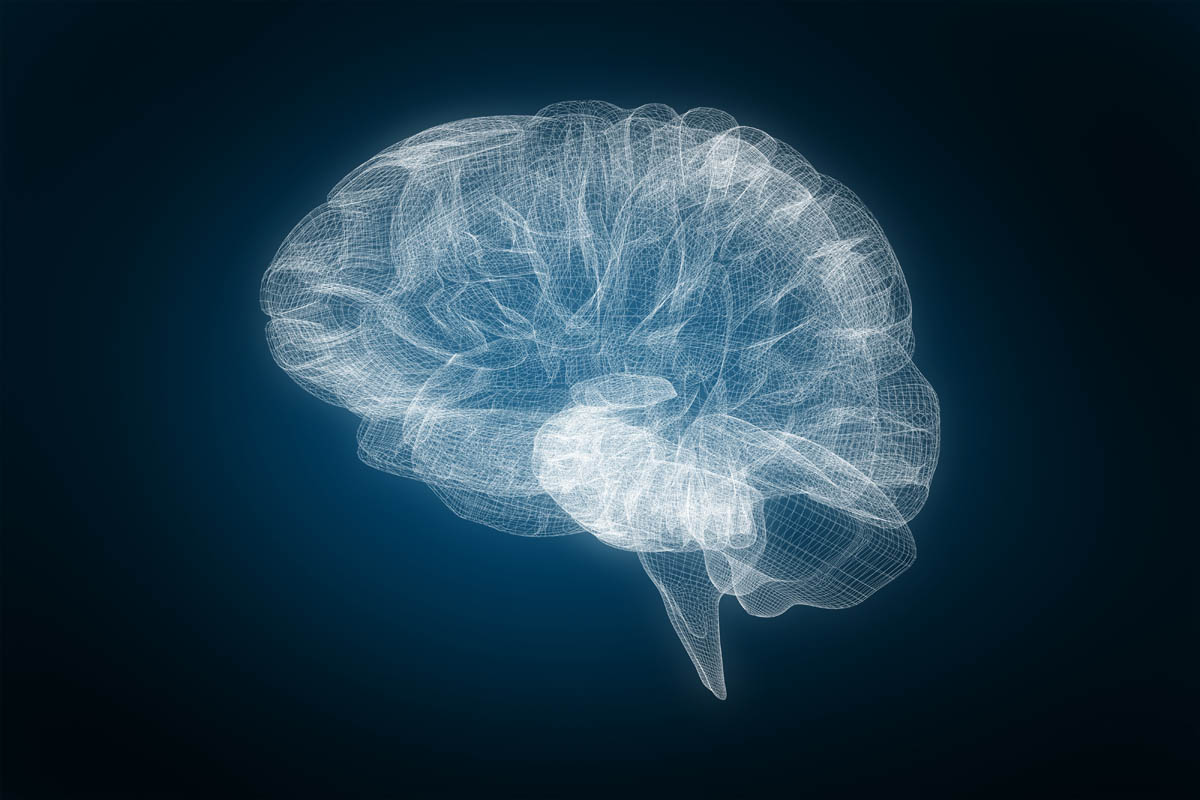Benzodiazepines, often referred to as benzos, are prescribed medications used to manage anxiety, insomnia, and other conditions. However, when taken over time or misused, they can become highly addictive. This is why people who find themselves dependent on benzos may need to undergo a structured benzo addiction detox program. If you’re considering this step, it’s important to understand the withdrawal process and how it impacts the brain.
Benzo withdrawal can be challenging, and knowing what to expect can help you better prepare for recovery. From how long withdrawal lasts to the symptoms you might experience, let’s break down everything about the process. Let’s also examine the effects of benzo withdrawal on the brain and why seeking professional help in Florida is the best way to reclaim your health.
How long does benzo withdrawal last?
The duration of benzo withdrawal varies and depends on factors like how long you’ve been using the medication, the dosage you’ve been taking, and your overall health. It’s important to recognize that every person’s body reacts differently to the withdrawal process.
On average, the benzo withdrawal symptoms timeline can stretch across several weeks. Acute symptoms, such as anxiety and insomnia, often begin within the first 24-48 hours after stopping the drug. These initial symptoms can peak in intensity within a few days.
For shorter-acting benzos, withdrawal symptoms may appear more quickly but subside faster. For longer-acting benzos, it could take a few days for symptoms to begin, but they may linger for weeks or months. Some people may also experience what’s called post-acute withdrawal syndrome (PAWS), where withdrawal effects like cravings or mood swings extend beyond the acute phase.
Having a general idea of the benzo withdrawal symptoms timeline can help you prepare mentally and physically for what’s ahead.
What does benzo withdrawal feel like?
Benzo withdrawal can take a toll on both your body and mind. During this process, you may feel as though you’re riding an emotional rollercoaster. For many, withdrawal begins with restlessness, panic, or a sense of overwhelming anxiety. This happens because the brain is adjusting to functioning without the medication it had become dependent on.
Physically, withdrawal often causes discomfort ranging from mild aches to more severe sensations like tremors or muscle cramps. Sleep disturbances are also common. Replacing restful nights with insomnia can make the early days of withdrawal feel exhausting.
Emotionally, withdrawal tends to amplify feelings like irritability or sadness. This period can feel isolating, but professional help through a benzo withdrawal treatment program provides the guidance and support you need to push through these feelings.
Withdrawal is a temporary process, but the symptoms can feel overwhelming in the moment. That’s why having a supportive environment and medical care is so critical during this time.
What are benzo withdrawal symptoms?
Benzo withdrawal symptoms can vary widely. They can affect your physical, mental, and emotional state, making the experience unique for everyone. Being aware of what to expect allows you to better prepare for this process.
Common symptoms of benzo withdrawal include:
- Intense feelings of anxiety or panic
- Sleep disturbances such as insomnia
- Irritability or mood swings
- Sweating or hot flashes
- Muscle aches or stiffness
- Tremors and restlessness
Some people also report memory difficulties, issues focusing, or benzo withdrawal brain fog, which can linger for days or even weeks.
Physically, withdrawal can bring chills, nausea, or stomach pain. Severe withdrawal symptoms, such as seizures, occur less commonly but highlight the need for medical supervision during detox.
The wide range of benzo withdrawal symptoms underscores the importance of a tailored approach to detoxing. No two cases are identical, so having access to experienced professionals can provide personalized relief.
Are there side effects of benzo withdrawal?
Yes, there are side effects of benzo withdrawal, and they can sometimes be severe. While symptoms like anxiety and irritability are common, other side effects can arise as your body rebalances itself.
Short-term benzo withdrawal side effects may include headaches, shaking, and intense cravings. Fatigue is also prevalent, as the brain adjusts to functioning without the sedative effects of benzodiazepines.
Complex side effects such as hallucinations, heightened sensitivity to light or sound, and confusion may occur in some cases. Seizures are another serious but rare side effect—and this is why attempting to withdraw on your own is not advised.
Longer-term issues like prolonged benzo withdrawal brain fog or persistent emotional ups and downs can affect your overall recovery experience. A structured detox program can anticipate and address side effects to make the process as manageable as possible.
Is the brain impacted during benzo withdrawal?
Benzodiazepines affect your brain by targeting its neurotransmitters, specifically gamma-aminobutyric acid (GABA). GABA is responsible for calming the nervous system and promoting relaxation. When you take benzos, they amplify GABA’s effects, which is why they’re so effective for managing anxiety or preventing panic attacks.
However, prolonged use of benzodiazepines can rewire the brain. It becomes dependent on the drug to produce calm, and when you stop taking it, the brain struggles to compensate. This is why symptoms like heightened anxiety and irritability are so pronounced during withdrawal.
The brain’s recovery during withdrawal involves readjusting to achieve balance without benzodiazepines. This process can result in temporary discomfort, such as difficulty concentrating, emotional sensitivity, or cognitive issues like benzo withdrawal brain fog.
Because benzos significantly impact brain chemistry, withdrawal should be undertaken with professional care. With medical oversight, the brain’s transition can be supported in a way that minimizes risks and discomfort.
Why you should seek professional help for detoxing
Detoxing from benzodiazepines at home can be dangerous and overwhelming. Professional services, like those offered in substance abuse detox programs, provide monitoring, safety, and comfort throughout the withdrawal process.
One major benefit of seeking professional help is access to benzo withdrawal treatment that is tailored to your specific needs. Medical staff can monitor your vitals, manage symptoms, and intervene if severe side effects like seizures occur.
Detoxing under expert supervision also means that your emotional well-being is cared for. Withdrawal can trigger feelings of hopelessness or despair, and having compassionate professionals on hand can make all the difference.
Another advantage is the availability of medications to help alleviate symptoms. For example, certain medications can help stabilize mood, reduce anxiety, or manage physical discomforts like muscle tension. These tools can ease much of the difficulty associated with detoxing.
You don’t need to face benzo withdrawal alone. Professional detox services offer a safer solution designed to support both your physical and emotional recovery.
Reach out to Tides Edge Detox today to get started on your recovery journey
Benzodiazepine addiction is complex, and recovery begins with the first step—seeking help. If you or someone you care about is struggling with benzo withdrawal, it’s critical to know that support is available. A safe and structured benzo addiction detox program provides the guidance needed to break free from dependency.
At Tides Edge Detox, our substance abuse detox programs are tailored to meet your unique needs. From medical care to emotional support, we are committed to guiding you through this process. Whether you’re concerned about benzo withdrawal symptoms, the side effects, or how the brain adjusts, our experienced team is here to help.
Taking this step toward recovery is one of the most important decisions you’ll make. Call us today at 866.723.3127 or use our online contact form. Together, we’ll start a plan that leads you toward health and freedom from benzodiazepine dependency.









